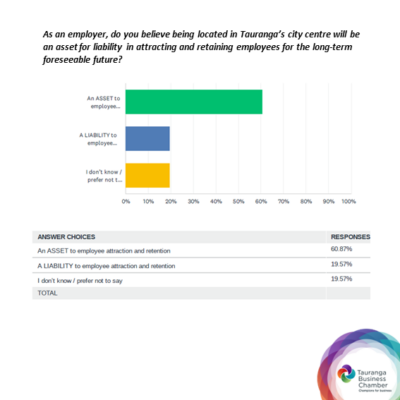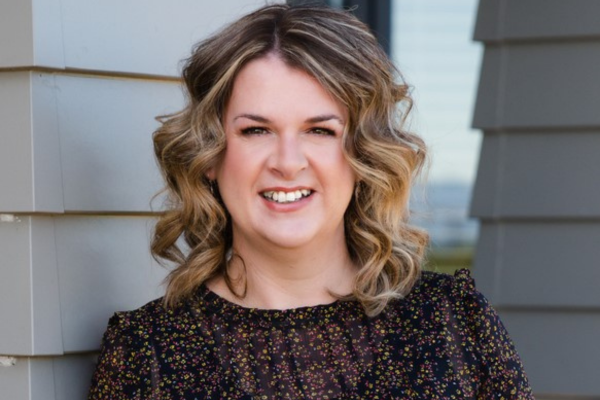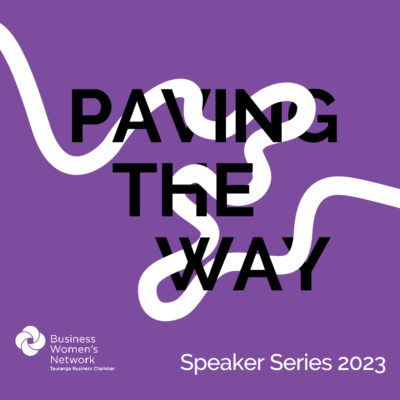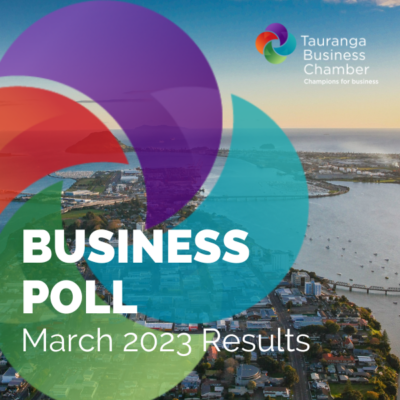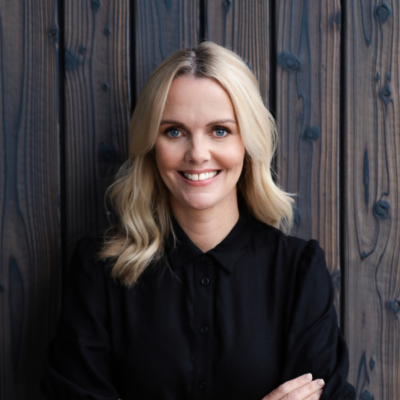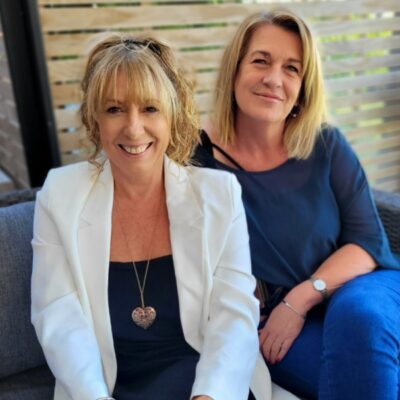Investing by buying a business, rather than investing in other people’s businesses on the New Zealand sharemarket (NZX50), can deliver up to seven times the return.
That is the key finding from data released by ABC Business Sales comparing average returns (dividends) on New Zealand’s stock exchange (NZX50) with the country’s average returns (profit) for small to medium sized businesses (SMEs).
“There’s potentially a seven times greater return on offer from investing in a business compared to investing in the NZX50,” says ABC Business Sales managing director, Chris Small.
“The NZX50’s average pre-tax yield (dividend) is 4.2% on cash invested whereas the average pre-tax yield (profit) for New Zealand SMEs equates to a 29% return on cash invested – effectively a seven-fold return.” *
Small says the analysis excludes any capital gains for each asset class, and the pre-tax profit for business ownership is also based on the business being fully managed with limited input from the investor.
“That means we’re comparing passive investment scenarios as much as we can, so it’s not like these are businesses where owners are expected to work 12 hour days or anything like that.”
Small acknowledges that private business ownership does have a higher risk profile than share market investments, but he doesn’t believe the risk premium for investing in a private business is anywhere close to seven times higher than investing in larger businesses listed on the NZX50.
Additional supporting factors for business ownership in this comparison is that effective due diligence can mitigate many of the risks involved in purchasing a private business, and an owner’s level of control/management in a private business investment is much greater than the limited influence shareholders have over businesses listed on the NZX 50.
Small says this is the sort of information that could be encouraging young New Zealanders towards a goal of saving to buy their first business instead of speculating in the sharemarket.
“It’s also about helping to educate people on the positive trends of SME business ownership in New Zealand.”
*The average business price in New Zealand is currently $703,000 and based on an EBITDA average multiplier of 3.5x the average pre-tax yield (profit) equates to a 29% return on cash invested.
The NZX50’s average pre-tax yield (dividend) is 4.2% on cash invested. The NZX50 average EBITDA multiple is 14.5x which is significantly higher than the 3.5x EBITDA average multiple for SME businesses.
The data, sourced from ABC Business Sales’ Market Intelligence Report shows that the average business sales price for SMEs in New Zealand is approximately YTD March 2021 – $703,701.
This data is derived from ABC Business Sales annual activity. ABC enjoys a dominant 30%-40% market share in the $0-$5m SME business sales market.
In total there are approximately just under 1000 sales per year within the entire NZ SME business sales ($0-$5m) market. In keeping with ABC’s dominant share of that market, their averages were derived from sales volumes of YTD March 2021 – 380 business sales.
The data specifically looks at completed transactions in the $0-$5m price bracket of business sales which represents 90% of New Zealand businesses. There are 167,000 NZ businesses designated as SMEs with employee numbers ranging from 1-19.
Institutional transactions (which can be in the hundreds of millions) have not been included to prevent a skew in the data.
- Content supplied by Chamber Member ABC Business.

10 ways to maximise profit for a small business
Tips supplied by ABC Business Sales managing director Chris Small.
Business profitability is the result of revenue less costs, so these are the two levers will can pull to improve profits.
How to increase revenue/sales:
- Find new customers.
- Provide new services.
- Increase your service levels to existing customers (essentially up-sell to your existing customer list).
- Increase conversion rates (increasing the proportion of sales inquiries into confirmed sales)
- Concentrate on quality and service and avoid discounting.
How to decrease costs:
- Ask suppliers for discounts if you pay by cash or it is a prompt payment (debt is cheap so worth utilising an overdraft to promptly pay a supplier in return for a discount)
- Keep your internal systems at optimal levels. This will reduce any theft/slippage in the business.
- Provide appropriate incentive schemes for your staff so their pay increases only when your profitability increases (do NOT align it with sales only).
- Understand your financials in detail so you understand which products and services make the highest margin (you do NOT want to spend all your time selling products that don’t make you profits).
- Put a system in place that makes you review all your overhead costs at least quarterly, many of your suppliers will often have CPI increases built in annually and you need to be able to make sure these increases are debated and controlled.
The overarching point I’d say to any business owner is great people make great businesses, so take the extra time when you are recruiting people as it will pay off in spades!
Want more top tips, advice and insights? Check out our news section.
















